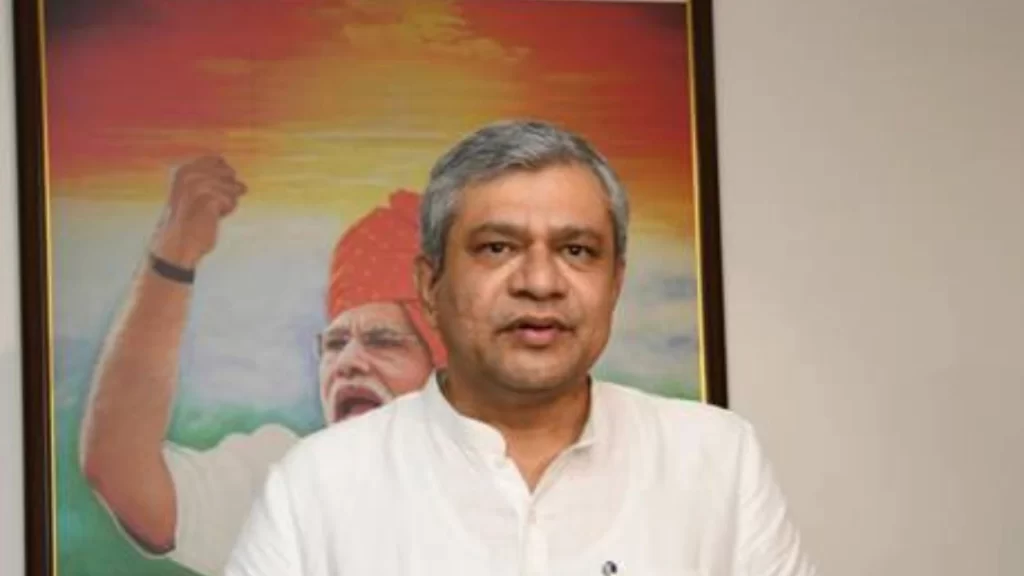India’s ambitious Digital Personal Data Protection Rules (DPDP), 2025, currently in draft form, are expected to be notified and implemented by mid-2025, Union Minister of Electronics and Information Technology Ashwini Vaishnaw revealed. The announcement underscores the government’s commitment to safeguarding personal data while fostering digital innovation.
,Mr. Vaishnaw confirmed that stakeholder consultations have been extensive, and the feedback is overwhelmingly positive. “Most stakeholders are okay with the provisions. We don’t foresee significant amendments, only minor tweaks,” he noted.
The government has set February 18 as the deadline for public comments on the draft. While larger firms are prepared to comply swiftly, others will have up to two years to adapt. This phased transition aims to ensure readiness across diverse data fiduciaries, particularly those needing time to implement frameworks like consent management and age verification.
The DPDP Act, 2023, which these rules aim to operationalize, will be implemented digitally. The Personal Data Protection Board of India’s portal and workflows are already tested for robustness, security, and service efficiency, Vaishnaw said. This aligns with the government’s approach in establishing the Grievance Appellate Committee under the IT Rules, 2021.
“The law is designed to maintain the autonomy of the Data Protection Board while ensuring seamless implementation,” he added.
Striking a Balance Between Regulation and Innovation, the DPDP framework embodies the government’s philosophy of balancing innovation with regulation. Vaishnaw dismissed the notion that strict rules hinder innovation, citing India’s efforts to position itself between extremes of unregulated innovation and overregulation.
“Some regions prioritize regulation at the cost of innovation, while others ignore regulation entirely. India’s balanced approach is emerging as a global template,” Vaishnaw stated.
Vaishnaw also highlighted advancements in electronics manufacturing and artificial intelligence (AI) governance. India is pushing for indigenous manufacturing of components and IT hardware, with new facilities like a laptop production unit in Chennai and an expanded product validation center in Karnataka.
Global tech giants like Microsoft are also investing heavily in India’s tech landscape. “India is evolving from a cost-saving destination to a hub for talent and demand,” Vaishnaw said.
On AI, the government is adopting a “whole-of-government” approach, focusing on harnessing AI’s potential while protecting society from its risks. Under the IndiaAI Mission, a draft framework is in place to regulate AI responsibly and create opportunities for Indian companies and startups.
The Minister emphasized the importance of raising awareness about data protection rights and responsibilities among citizens, government bodies, and the private sector. “Obligations are as important as rights. Fulfilling one’s duties ensures others’ rights are upheld,” Vaishnaw remarked.
Awareness programs and consultations with industry experts are being conducted to familiarize stakeholders with the law’s nuances. The goal is to build a broad consensus that reflects societal needs and promotes accountability.
The rules also address issues surrounding social media, such as parental consent for children’s access and fact-checking mechanisms. Vaishnaw reiterated the government’s stance that sector-specific entities, like central or state governments, should handle fact-checking responsibilities.
He acknowledged the challenges posed by misinformation and fake news, which undermine institutional integrity. “Society seeks a balance between absolute free speech and reasonable regulation,” Vaishnaw said.
India’s digital transformation aligns with broader geopolitical shifts and growing global value chains. Vaishnaw stressed that India’s policies ensure that all businesses operating in the country, regardless of origin, comply with local laws.
He also pointed to India’s rising role in global technology, particularly in semiconductors and component ecosystems. With indigenous chipsets and equipment in the pipeline, India is solidifying its position as a global technology leader.
As India gears up to roll out its Digital Personal Data Protection Rules, it aims to set a global standard in balancing regulatory safeguards and innovation. With robust digital infrastructure, inclusive policies, and international collaboration, India is poised to lead the digital era responsibly and equitably.







